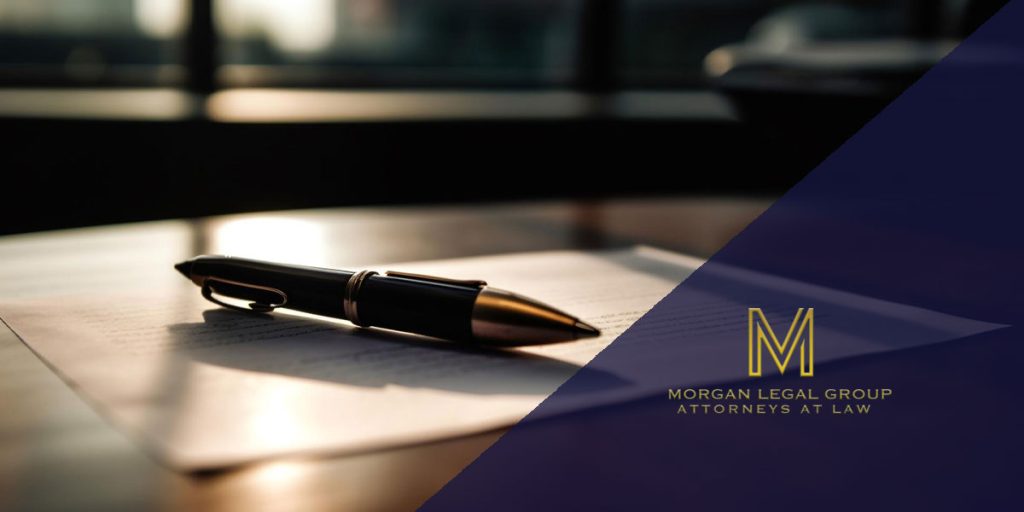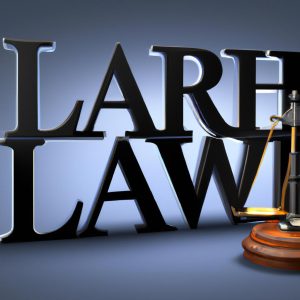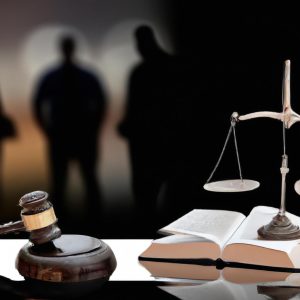Rules for Probate in NYC, New York
Probate is a legal process that involves validating and administrating a deceased individual’s estate. In New York City, NY, the probate process follows specific rules and regulations set forth by state law. Understanding these rules is crucial for estate executors and beneficiaries to navigate the probate process smoothly and efficiently.
At Morgan Legal Group in New York City, our experienced probate attorneys specialize in guiding individuals through the complexities of probate. In this comprehensive guide, we will explore the rules for probate in NYC, NY, providing valuable insights into the process, requirements, and key considerations.
What Is Probate?
Before delving into the rules for probate in NYC, it’s essential to understand the probate process itself. Probate is the legal process by which a deceased individual’s last will and testament is validated, and their estate is administered. During probate, the court ensures that the deceased’s wishes, as outlined in their will, are carried out, and their assets are distributed to the intended beneficiaries.
Here are some key aspects of the probate process:
- Will Validation: The court examines the will to determine its validity. The will is deemed valid and can be executed if it meets all legal requirements.
- Appointment of Executor: The court appoints an executor named in the will or a suitable individual to manage the estate’s affairs.
- Asset Inventory: The executor compiles an inventory of the deceased’s assets and liabilities.
- Debt Settlement: The estate’s assets pay Outstanding debts and taxes.
- Asset Distribution: The remaining assets are distributed to the beneficiaries as specified in the will.
- Probate Court Oversight: The probate court oversees the entire process to ensure compliance with the law.
Rules for Probate in NYC, New York
Probate rules in NYC, New York, are established to maintain transparency, protect the rights of heirs and beneficiaries, and uphold the deceased’s wishes as expressed in their will. Here are the key rules and considerations for probate in the city:
1. Jurisdiction:
Probate proceedings in New York City fall under the jurisdiction of the Surrogate’s Court. The Surrogate’s Court handles matters related to wills, trusts, estates, and guardianships. The specific Surrogate’s Court you need to file with depends on the county in which the deceased individual resided at the time of their passing.
2. Valid Will:
For a will to be eligible for probate in NYC, it must meet certain requirements:
- When creating the will, the deceased must have been at least 18 years old and of sound mind.
- The will must be in writing, signed by the testator (the person making the will), and witnessed by at least two individuals who also sign the document.
- If the will is typed or printed, it must be subscribed by the testator at the end of the document.
- If the testator is unable to sign, they can direct someone else to do so in their presence and the presence of witnesses.
The court will closely examine the will’s validity during the probate process. If any issues or disputes arise regarding the will’s authenticity or execution, the court will address them as part of the proceedings.
3. Executor Appointment:
The executor, also known as the personal representative, is responsible for managing the deceased’s estate during the probate process. If the deceased named an executor in their will, the court will generally appoint that individual, provided they are willing and able to serve.
If no executor is named or if the named executor is unable or unwilling to serve, the court will appoint an administrator. The administrator’s role is similar to that of an executor, but they are appointed by the court rather than named in the will.
4. Inventory and Appraisals:
One of the early tasks of the executor is to create an inventory of the deceased’s assets and liabilities. This inventory includes all real estate, personal property, financial accounts, and outstanding debts. Additionally, the executor may need to appraise certain assets to determine their value.
The inventory and appraisals are critical for assessing the estate’s overall value and ensuring that the proper distribution of assets is carried out according to the will’s instructions.
5. Notification of Beneficiaries:
Beneficiaries named in the will must be notified of the probate proceedings. They can receive copies of the will and any related court filings. This transparency helps beneficiaries understand how the estate is being administered and provides an opportunity to raise any concerns or objections.
6. Creditor Notification and Debt Settlement:
The executor is responsible for notifying the deceased’s creditors of the probate proceedings. Creditors have a limited timeframe in which to make claims against the estate for any outstanding debts. It is the executor’s duty to review these claims and settle valid debts using estate assets.
After settling debts and paying taxes, the remaining estate assets can be distributed to the beneficiaries as outlined in the will.
7. Account Records and Reporting:
Throughout the probate process, the executor must maintain accurate records of all financial transactions related to the estate. This includes documenting income, expenses, and distributions. The executor may be required to provide periodic reports to the Surrogate’s Court, ensuring transparency and accountability.
8. Legal Counsel:
Estate executors and beneficiaries are not required to navigate the probate process alone. Seeking legal counsel, such as the experienced probate attorneys at Morgan Legal Group, can be highly beneficial. Attorneys can guide legal requirements, help resolve disputes, and ensure the process proceeds efficiently.
Conclusion
Probate in NYC, New York, follows specific rules and procedures to validate wills and administer estates. Navigating the probate process can be complex, and compliance with these rules is essential to ensure a smooth settlement of the deceased’s estate.
If you are an executor or beneficiary facing probate in New York City, seeking legal assistance from professionals specializing in probate and estate law is advisable. At Morgan Legal Group, our team guides you through every step of the probate process, ensuring that all rules and regulations are followed diligently.
This post provides an overview of the rules for probate in NYC, but it is not a substitute for legal advice. Consult an experienced probate attorney for personalized guidance tailored to your situation.






